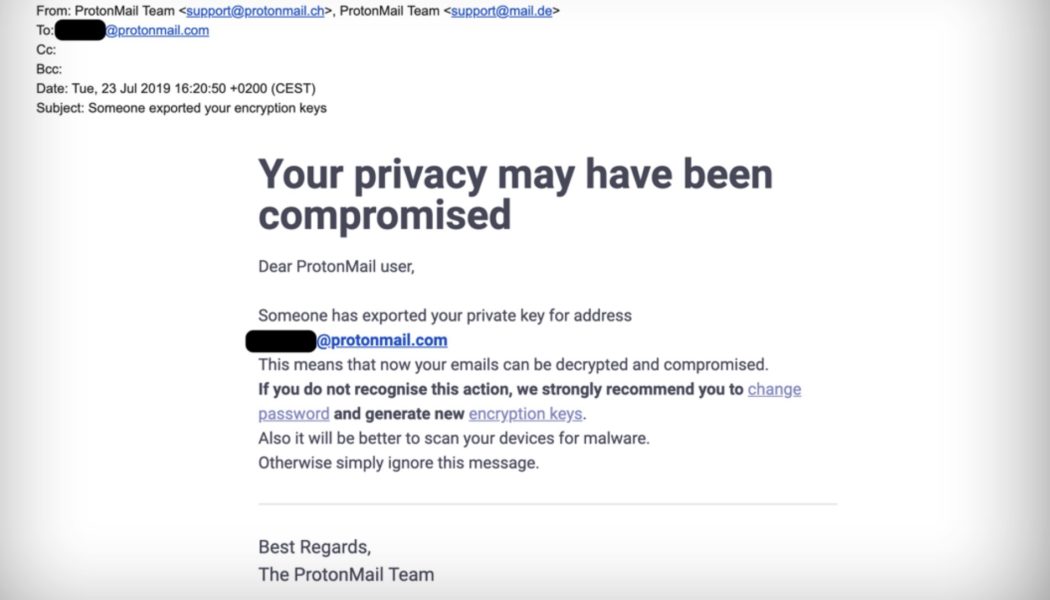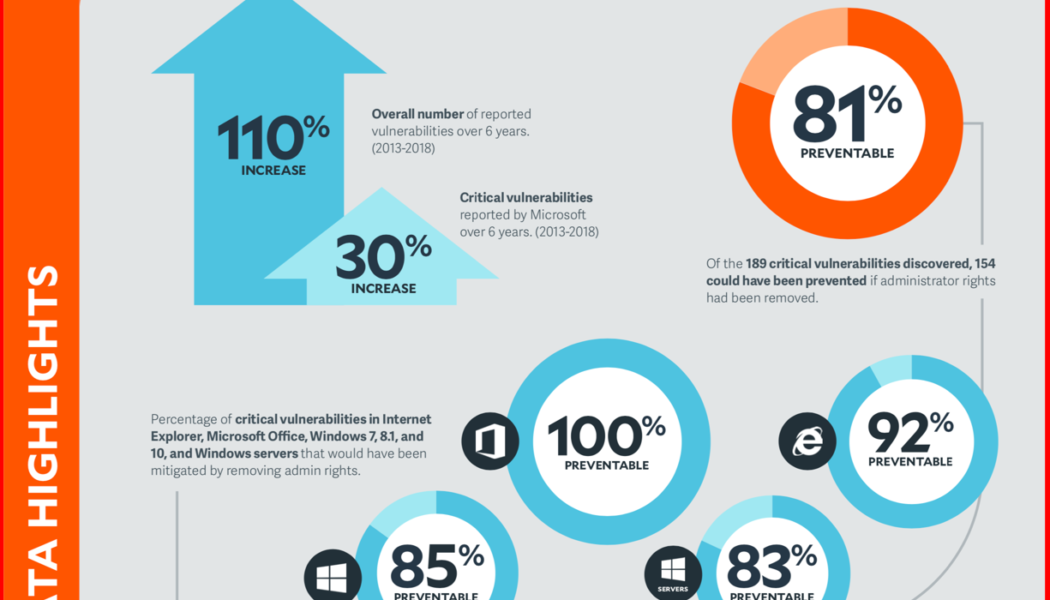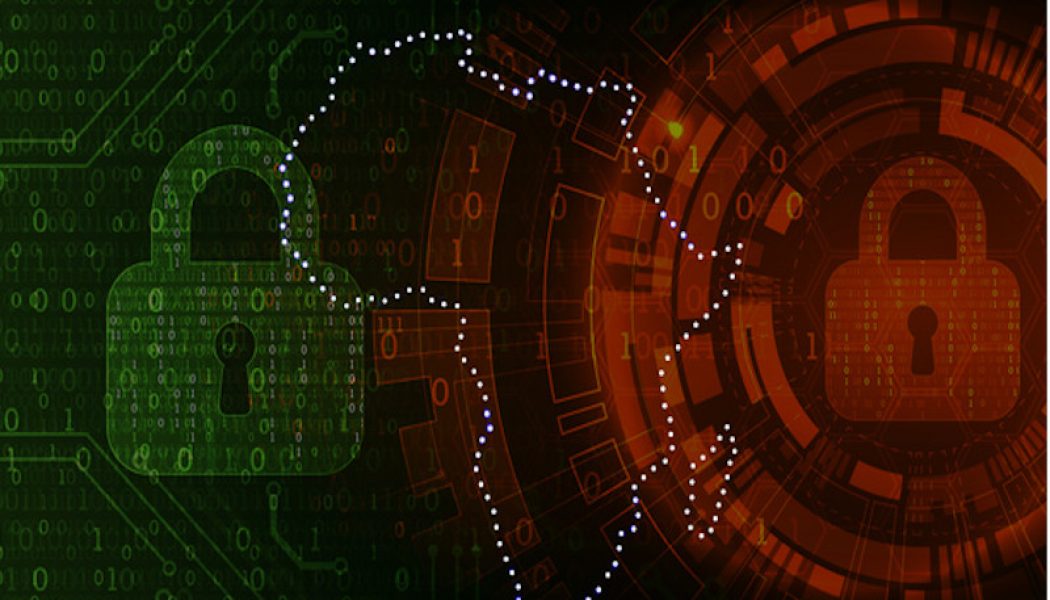KnowBe4
Is Hacking Humans Easier Than Machines?
Anna Collard, SVP Content Strategy & Evangelist at KnowBe4 Africa. When it comes to cybersecurity, technology is not enough. Yes, it is the foundation. But it is not enough to mitigate the growing threat of cybercrime. The reality is that, even with best-in-class security systems, firewalls, endpoint protections and zero-trust frameworks, without a robust and agile culture of security, the business is at risk. The Dark Reading 2021 Strategic Security Survey found that around 48% of security professionals believe that users breaking policy are likely to be the single biggest cause of a major breach in the future. This sentiment is echoed in a ITWeb and KnowBe4 study that examined cybersecurity culture and the impact of this on the South African organisation. “Having a robust cyber...
The Great Phishing Fail
Anna Collard, SVP Content Strategy & Evangelist at KnowBe4 Africa. In 2021, phishing attacks increased by 7.3% according to the ESET Threat Report, and the Cisco 2021 Cybersecurity threat trends report revealed that around 86% of organisations had at least one person click a phishing link. This echoes the findings of recent KnowBe4 Security Awareness Research that found people keep clicking – on fake emails from HR, the business and IT. As Anna Collard, SVP Content Strategy & Evangelist at KnowBe4 Africa, points out, the majority of top email categories that people fall for are those that fit in to everyday life – invoices, purchase orders, shared files, and COVID-19 related topics. “As our quarterly report on the top-clicked phishing tests shows, the emails that catch people are t...
33% of Companies Undergo Cyberattacks Twice a Month on Average, per Report
Sourced from International IDEA The Hiscox Cyber Readiness Report 2021 provided some concerning statistics and facts about the impact of cyber-crime. It is a game, and it is one that Hiscox fundamentally believes no business should leave to chance. Multiple threat vectors and variable threat actors, and, perhaps most worrying – repeated attacks on companies by cyber-crime pose a serious risk to organisations small and large alike. One-in-six of all firms attacked this year (17%) said the impact was serious enough to ‘materially threaten the solvency or viability of the company’. According to Anna Collard, SVP Content Strategy & Evangelist at KnowBe4 AFRICA, the report underscores the immense challenge that organisations face when it comes to securing the business and the people within ...
How COVID-19 has Changed the Shape of African Cybersecurity
Sourced from IDG Connect The COVID-19 pandemic has fundamentally changed how people live, work and approach security. According to the 2020 KnowBe4 African Report – which collated insights from across South Africa, Kenya, Nigeria, Ghana, Egypt, Morocco, Mauritius and Botswana – found that attitudes and behaviours had shifted as a result of the pandemic, but problem pockets of risk remain that need to be addressed in order to ensure both business and individual security. “Nearly 50% of the respondents will continue to work from home; 24% indicated that they were affected by cybercrime while working from home, and only 30% believed that their governments prioritised cybersecurity in their policies,” says Anna Collard, SVP of content strategy at KnowBe4 Africa. “This year, respondents were ev...















